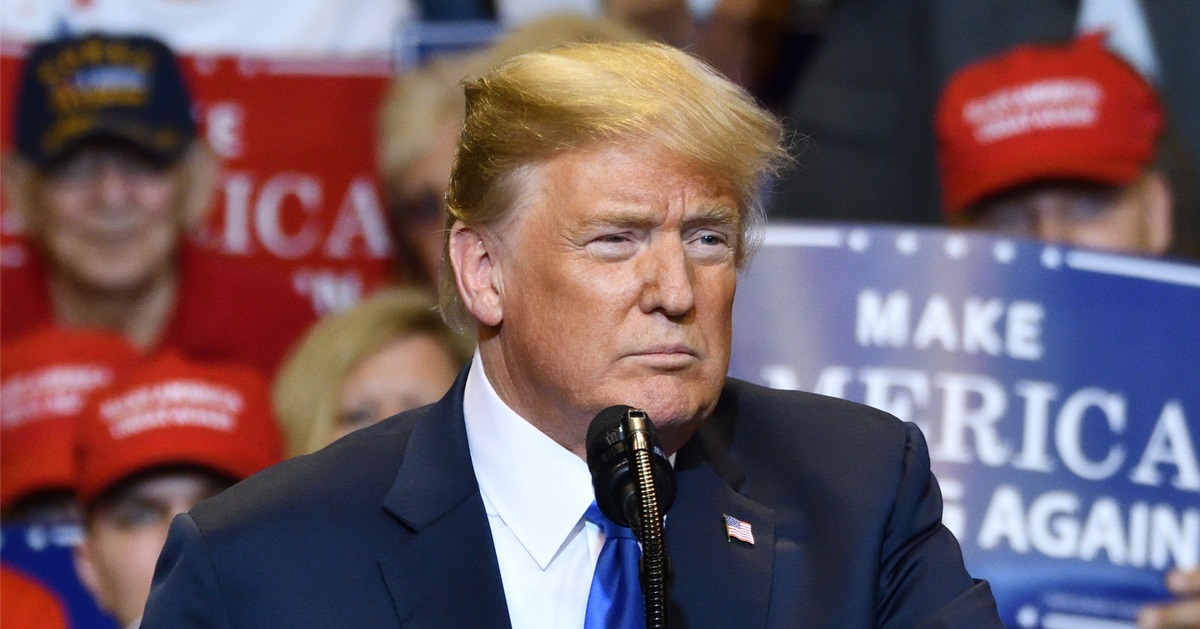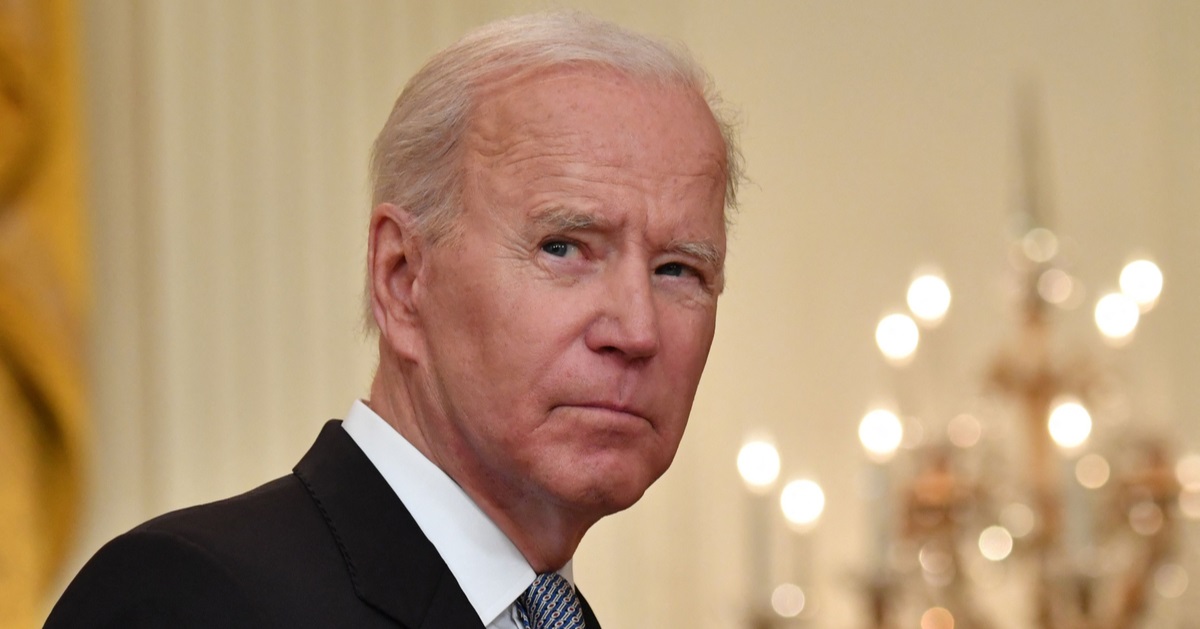Unanimous Supreme Court allows anti-terror lawsuits to proceed against Palestinian organizations in U.S. courts
Critics of the current conservative-leaning Supreme Court often point to ideologically split decisions to make their partisan arguments but conveniently go silent when all of the justices, regardless of ideology, are in agreement on a particular issue.
Such is the case with the unanimous decision of the justices on Friday, in which all nine of them agreed that U.S. citizens or their families can sue certain Palestinian organizations if they were injured or killed in a terrorist attack connected to said organizations, Newsweek reported.
That dissent-free ruling reversed and remanded a controversial circuit court decision and allows U.S.-based anti-terrorism lawsuits to proceed against the Palestinian Authority and the Palestine Liberation Organization, as well as their affiliates and subsidiary groups.
Appellate court blocks anti-terror lawsuits against PA and PLO
In 2019, Congress passed the Promoting Security and Justice for Victims of Terrorism Act, which expanded upon the 1992 Anti-Terrorism Act and allowed for U.S. citizen victims of terror attacks, or their families, to file lawsuits in federal court against the foreign organizations that supported the act of terror.
Codified as 18 U.S.C. § 2333 and 2334, the law also allows for the recovery of "threefold" damages, the imposition of liability for aiding and abetting, and the use of "blocked assets" to satisfy judgments.
The statutes further establish jurisdiction for such suits and the implied "consent" of the parties to be sued in U.S. courts, specifically the PA and PLO, if those organizations are found to have made payments to imprisoned terrorists or the families of terrorists who died in the act, or if those organizations have a presence or operate in any way inside U.S. territory.
Supreme Court says lawsuits may proceed
Multiple lawsuits were filed under those laws against the PA and PLO by U.S. citizens or their families who'd been victims of Palestinian terror attacks, but those suits were blocked by the 2nd Circuit Court of Appeals, which determined that, despite what the laws may say, the PA and PLO had not given their "consent" to be sued in U.S. courts, and therefore the U.S. courts lacked jurisdiction over the foreign entities, according to SCOTUSblog.
Inherent in that decision was the assumption that the laws violated the Fifth and Fourteenth Amendments' protection of Due Process rights of the Palestinian organizations, but that argument was resoundingly and unanimously rejected by the Supreme Court on Friday.
In the opinion authored by Chief Justice John Roberts, it was held that the statutes in question do not violate the Fifth Amendment's Due Process Clause because the assertion of jurisdiction over the PA and PLO was "reasonably" tied to conduct that involved the U.S. government or its citizens.
Thomas says no limits on Fifth Amendment guarantees, argues foreign entities don't have constitutional rights
However, despite finding that these challenged laws did not violate the Fifth Amendment, Roberts declined the opportunity to weigh in on what, if any, jurisdictional limits there might be under the Fifth Amendment "to hale foreign defendants into U.S. courts," SCOTUSblog observed.
Yet, while the chief justice was unwilling to take that step, which admittedly could prove consequential and adverse to U.S. citizens facing lawsuits in foreign courts, Justice Clarence Thomas felt no such compunction.
In a concurring opinion that Justice Neil Gorsuch joined, Thomas made it clear that would go farther with a "different approach," and wrote, "The critical question in these cases is what boundaries the Fifth Amendment’s due process guarantee, as originally understood, places on the Federal Government’s power to extend personal jurisdiction over respondents. Historical evidence demonstrates that the answer is 'none.'"
Thomas even went so far as to express skepticism that foreign entities like the PA and PLO "enjoy any constitutional rights at all, let alone qualify
as 'person[s]' for purposes of the Fifth Amendment," and thus had no say whatsoever over whether or not they could be sued for damages by victims of terrorism in U.S. courts.
That said, even if those foreign organizations do enjoy nominal constitutional protections, "Nothing on the statute’s face or in its application here deprives respondents of an independent judge, 'regular allegations, opportunity to answer, [or] a trial according to some settled course of judicial proceedings,'" he concluded.




